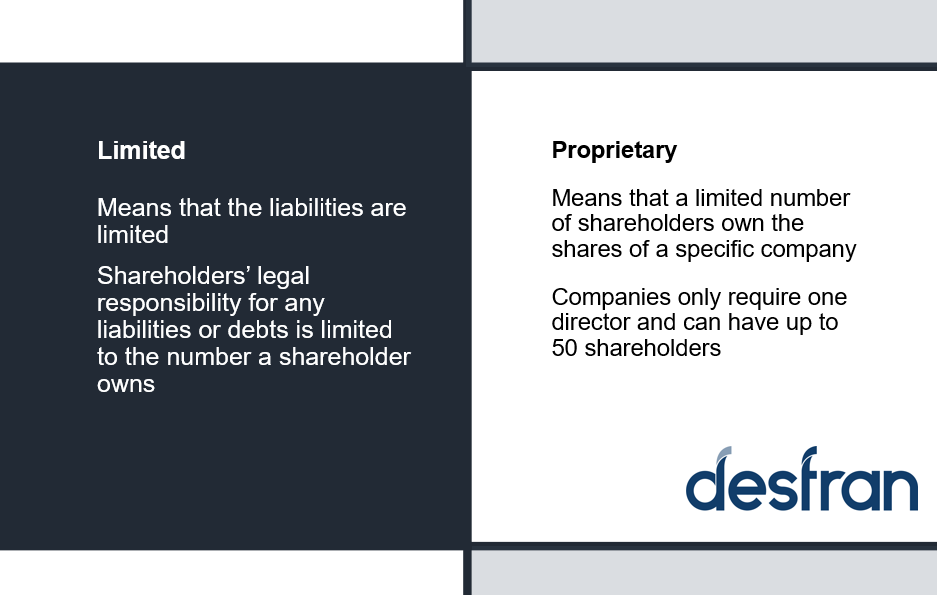We constantly stumble upon the terms ‘Pty’ and ‘Ltd’ at the end of a business name, a vast majority of people might know what they mean respectively, the abbreviation implies ‘proprietary’ and ‘limited’, but too often that this is the extent of everyone’s knowledge.
To most people, these abbreviations are meaningless as most company names end with “Ltd” or “Pty Ltd”, little did they know that these abbreviations indicate the liability of each company and is important when it comes to any insolvency. This is important if you are looking to be a business owner.
As per many other facets of business, this idea is from the Legal Entity principle that specifies that a company is its own legal entity, and its legal implications are separated from the directors and shareholders. This principle typically protects the relevant directors and shareholders from being personally liable for any losses made from their company.
On the other hand, a sole trader running a business rather than a company will be liable for all losses and obligations of the business, as it is not recognised as a separate legal entity. In short, a company is a separate legal entity but not a sole trading company.
Proprietary
“Proprietary” in a “Proprietary Limited” company means that a limited number of shareholders own the shares of a specific company. In most cases, private companies only require one director and can have up to 50 shareholders. A private company can not be listed on the stock exchange and is precluded from offering shares to the public. Hence, any capital required would have to be raised from the shareholders.
Limited
“Limit” in a “Proprietary Limited” company means that the liabilities are limited. Shareholders’ legal responsibility for any liabilities or debts is limited to the number a shareholder owns. Therefore, if a company turns insolvent, the shareholders will only be subjected to lose the money used to purchase their shares. There are also certain cases whereby a shareholder has only paid partially for their shares, in this case, they are required to pay the remaining money owed to cover any losses.
Another type of company is a company limited by guarantee. For these companies, members agree to a certain amount of legal responsibility they are willing to bear upon becoming members.
Why does it matter?
Knowing the legal lingo and meaning behind “Pty” and “Ltd” is essential to establish what responsibilities and liabilities you are getting yourself into – it is a basic understanding of rights, obligations and avenues for legal action in circumstances of corporate insolvency. Predominantly, knowing the elemental meanings and affects of company structures will better equip any person that either wants to start their own business or encounter frequent business dealings with companies.
